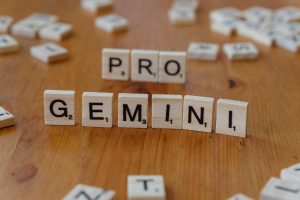I don’t think AI is going to make disinformation worse.
Understanding the Impact of AI on Disinformation: A Perspective for Content Creators and Consumers
In recent discussions, a common concern has emerged: Will artificial intelligence exacerbate the spread of disinformation? Many fear that AI’s ability to generate vast amounts of synthetic content could flood social media with misleading or false information, making it more difficult for users to discern truth from fiction.
However, upon closer examination, this assumption may overestimate the influence of AI-generated content in the broader landscape of digital media consumption. To illustrate, consider the typical experience of a social media user or content consumer. If you set out to browse your favorite platform—say, TikTok—you might expect to view around 100 to 150 short clips in a single session. Whether these videos are human-produced or AI-generated, the total number remains roughly the same; the volume doesn’t necessarily increase simply because AI is involved.
Moreover, the sheer scale of existing human-generated content—ranging from viral videos to political commentary—means we’re already inundated with disinformation and entertainment alike. Adding more AI-generated content into the mix doesn’t radically change the amount of false or misleading material that a typical user encounters, because our attention spans and content appetite tend to be relatively fixed.
From a psychological perspective, individuals tend to focus their attention based on what entertains or engages them most, regardless of how the content is produced. You may still find yourself watching a mix of cat videos, humorous clips of mishaps, political debates, or miscellaneous trending content. The proportions may shift slightly, but overall exposure to disinformation remains approximately constant over time.
An additional nuance lies in the form of AI-generated misinformation. Sometimes, disinformation is woven subtly into formats that resemble legitimate content—such as edited video clips or social media snippets—making it harder to identify for the average viewer. For example, a doctored clip of a celebrity or politician, edited with AI tools, can go viral without raising immediate suspicion. Nevertheless, in the grand scheme of media consumption, these doctored clips are but a small segment amidst an overwhelming tide of organic and AI-synthesized content.
Ultimately, the key takeaway is that the presence of AI does not necessarily translate into a significant increase in the quantity of disinformation that pervades our digital lives. Our engagement patterns and media consumption habits tend to stay consistent, meaning that AI’s role might be more about the sophistication and subtlety of misinformation rather than sheer volume.
What do you think? Will AI significantly alter the














Post Comment